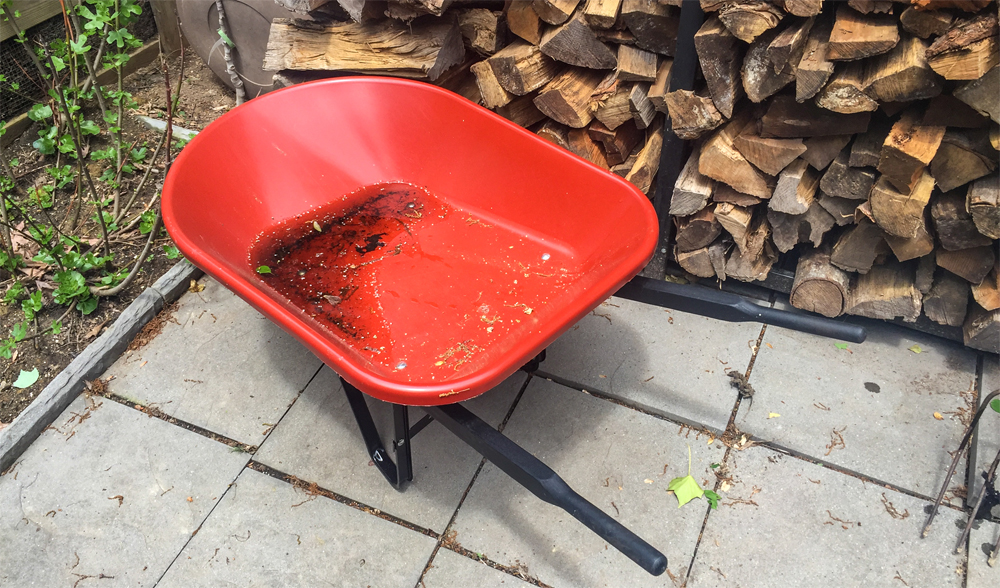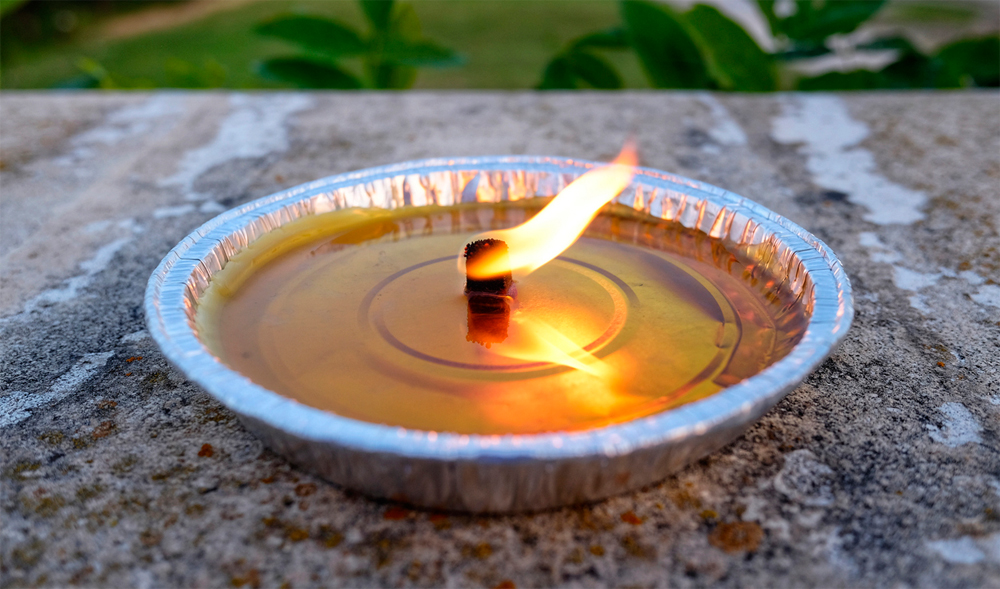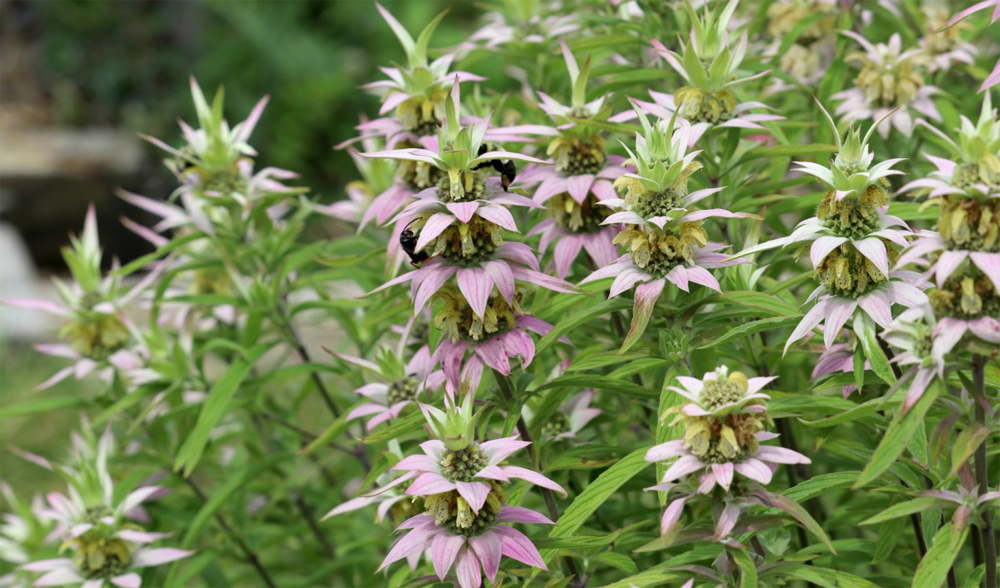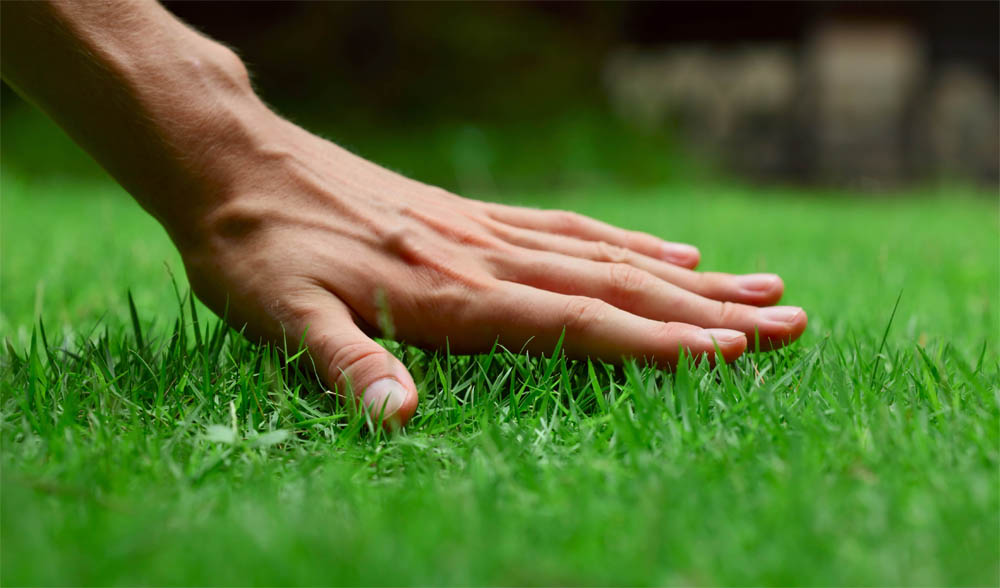Mosquitoes, being both bothersome and potentially hazardous due to the multitude of serious diseases they can transmit, are insects that everyone strives to avoid.
Regrettably, eluding mosquitoes is a nearly insurmountable challenge, particularly during the imminent wet and humid summer season. If you find yourself weary of ceaselessly fending off these pesky insects but remain determined to coexist without them, the subsequent five tips for mosquito control are tailored precisely for you.

Watch Out for Water
The presence of stagnant water in your yard acts as an irresistible lure for mosquitoes. Thus, if you notice any pooled water in your surroundings, be prepared for a significant mosquito population as well.
Here’s how to keep standing water at a minimum:
Ensure your outdoor faucets are free from dripping or leakage, as these can swiftly create puddles near your foundation that serve as attractive breeding grounds for mosquitoes. Additionally, remove any unnecessary items in your yard that have the potential to collect water, such as buckets or overturned trash can lids.
For canoes or children’s toys, make sure to overturn them or shield them with a tarp to prevent water accumulation. Additionally, maintain clear gutters and downspout areas to ensure proper water drainage and prevent water from collecting.
If you have water sources that cannot be eliminated, such as a pet’s water dish, ensure you regularly replenish it with fresh water. Furthermore, if certain parts of your yard are lower in elevation compared to others, consider using wood chips, decorative mulch, rocks, or other natural materials to prevent water from pooling in those areas after rainfall.

Use Natural Repellents
Utilizing natural repellents is among the most effective methods to control mosquitoes in the vicinity of your home.
You can enhance your mosquito control efforts by employing various methods. One effective approach is to utilize citronella candles or torches in the areas of your yard where you intend to spend time. Additionally, while not acting as a true repellent, opting for yellow outdoor lighting can assist in deterring mosquitoes, as they are not attracted to yellow light as they are to conventional incandescent lighting.
Lastly, it’s important to note that mosquitoes are lightweight insects with limited flying capabilities. The breeze created by the fan will deter mosquitoes from getting near you.
Choose Safe Repellents or Sticky Traps
In addition to using natural repellents, it is also a good idea to choose repellents that are low toxic, environmentally friendly and safe. Such products are usually made up of highly effective ingredients, such as Pyrethroids, which have low toxicity. They are not only suitable for home use, but also for places like farms or livestock farms. The existence of these repellents makes it easier and safer to prevent and kill mosquitoes and may other kinds of pests.
Furthermore, you can also choose to use Sticky Traps to lure the mosquitoes and get them killed easily. The Yellow Sticky Glue Traps from Safe-killer is environment-friendly and effective tools to solve your mosquito problem without any complicated procedure.
To learn more about how to deal with mosquitoes in your property, please go to: How to Safely Kill Mosquitoes?

Grow Some Mosquito-Repelling Plants in Your Yard
A variety of flowers, herbs, and plants possess natural repellent properties that effectively deter mosquitoes.
Here are some of these plants:
Horsemint: Horsemint is a rapidly growing plant that thrives in arid conditions and can reach a height and width of two to three feet. This resilient herb is particularly well-suited for dry, sandy soil and can tolerate saline environments.
Ageratum: Commonly referred to as Flossflowers, emits an aroma that mosquitoes find highly repellent. These plants release coumarin, a compound widely utilized in commercial mosquito repellents, effectively discouraging mosquitoes from the vicinity.
Marigolds: Often called as decorative border plants, possess a distinct fragrance that mosquitoes (and even certain gardeners) find highly disagreeable. These flowers contain pyrethrum, a compound commonly found in insect repellents, further enhancing their ability to deter mosquitoes.
Catnip: Renowned for its ability to induce excitement in cats, also serves as a highly efficient mosquito repellent. Interestingly, this plant has demonstrated potential effectiveness in mosquito control, potentially surpassing the effectiveness of DEET in confined spaces. Nevertheless, if you are a cat owner, exercise caution, as catnip plants can elicit the same response in cats as dried catnip does. It may be advisable to opt for an alternative plant if you have feline companions.
These natural repellents can be planted in your yard or placed in portable flowerpots, allowing you to conveniently carry your repellent with you wherever you go.

Keep the Grass Short
Maintain your lawn at a height that is suitable for the specific species of grass you have planted.
By ensuring grasses are kept at the shortest possible length, you minimize potential resting spots for mosquitoes to breed. It’s important not only to maintain a well-trimmed lawn but also to pay attention to garden beds and ornamental grasses, as they can serve as mosquito habitats. For effective management of mosquito control, it is recommended to seek assistance from a professional provider of pest control products such as Safe-Killer. Their specialized services can help address your specific mosquito control requirements.
With mosquito season in full swing, remember these tips to enjoy a delightful summer in your yard while keeping mosquitoes away. And don’t forget, for all your mosquito control requirements, you can always rely on Safe-Killer!



